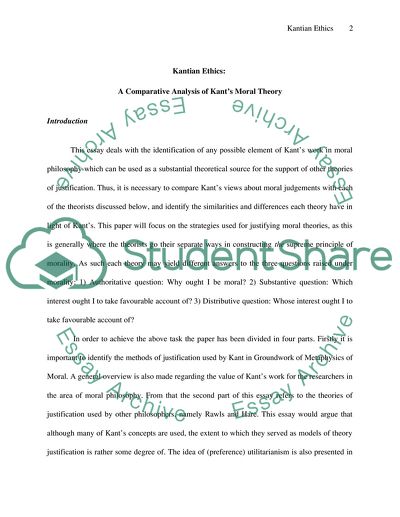Cite this document
(Kantian Ethics:A Comparative Analysis of Kant's Moral Theory Essay, n.d.)
Kantian Ethics:A Comparative Analysis of Kant's Moral Theory Essay. Retrieved from https://studentshare.org/philosophy/1711252-kantian-ethicsa-comparative-analysis-of-kants-moral-theory
Kantian Ethics:A Comparative Analysis of Kant's Moral Theory Essay. Retrieved from https://studentshare.org/philosophy/1711252-kantian-ethicsa-comparative-analysis-of-kants-moral-theory
(Kantian Ethics:A Comparative Analysis of Kant'S Moral Theory Essay)
Kantian Ethics:A Comparative Analysis of Kant'S Moral Theory Essay. https://studentshare.org/philosophy/1711252-kantian-ethicsa-comparative-analysis-of-kants-moral-theory.
Kantian Ethics:A Comparative Analysis of Kant'S Moral Theory Essay. https://studentshare.org/philosophy/1711252-kantian-ethicsa-comparative-analysis-of-kants-moral-theory.
“Kantian Ethics:A Comparative Analysis of Kant'S Moral Theory Essay”, n.d. https://studentshare.org/philosophy/1711252-kantian-ethicsa-comparative-analysis-of-kants-moral-theory.


